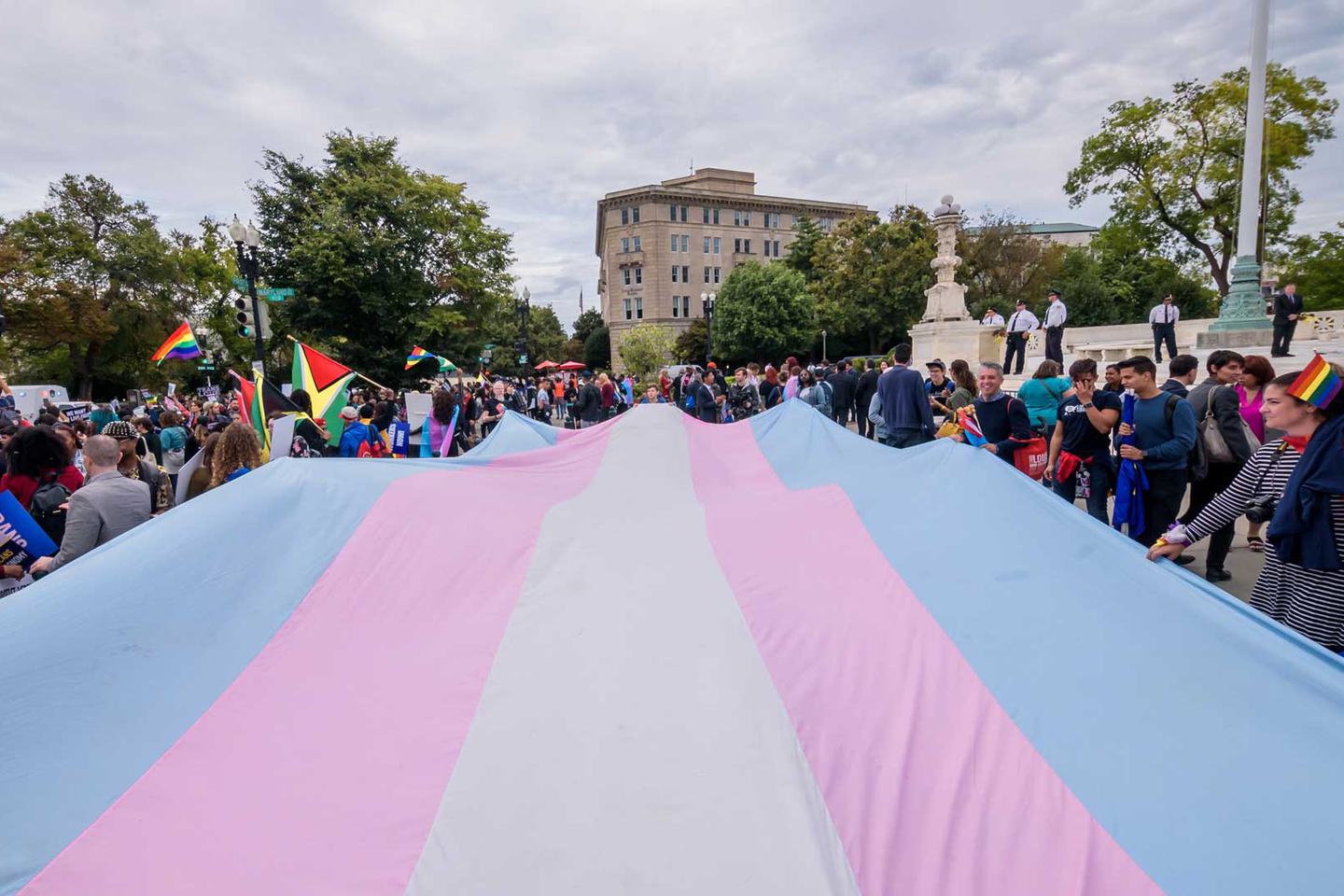After the success of last year’s 21 Days Against Racism challenge at Wellesley, the Office of Intercultural Education and the Office of LGBTQ+ Programs and Services, in collaboration with the Dean of Students Office, the Department of Physical Education, Recreation and Athletics, the Science Center, the Department of Women and Gender Studies, the Paulson Ecology of Place Initiative, and Library and Technology Services, offered a new challenge called 21 Days for Gender and Sexuality Inclusion, that began on March 3. The goal was to teach participants how to engage in gender and sexuality inclusion in their various spheres of influence.
The concept is based on Oprah Winfrey and Deepak Chopra’s “21-Day Meditation Experience” and the idea that doing something for 21 days will create a habit.
Students, faculty, and staff who signed up received daily emails with a variety of resources and media about the topic for the day. They learned key terms related to gender and sexuality; reflected on experiences with transphobia, heterosexism, and homophobia; and learned how to behave in ways that are gender inclusive and sexuality inclusive. They shared their thoughts anonymously on a discussion board and met virtually each week to discuss what they learned.
Breanna White ’22, a computer science major, said she signed up for the challenge to learn more about “gender equality and different forms of bias or discrimination.” She said she was surprised by the intersectionality of discrimination and of the effects of “transmisogynoir”—defined in one of the program’s daily emails as “systemic oppression that lies at the intersection of transphobia, misogyny, and anti-Blackness.” White said the organizers “really emphasized how there are so many different identities that you can have, and how they can all kind of affect each other, and that was really surprising to me because I hadn't thought of it as being all connected that way.”
Participants in the challenge met regularly to discuss ideas and concepts they were learning about and attended events, including a presentation by educator and activist Robyn Ochs called “Beyond Binaries: Identity and Sexuality.” A screening of the musical Interstate will close out the challenge on March 31, which is International Transgender Day of Visibility. Guerrero said there is a dearth of media that “centers transgender individuals and their stories,” and this production “opens the dialogue of what it means to witness a story about two transgender people at different stages of their journey navigate love, family, masculinity, and finding a community in the era of social media.” The entire Wellesley community is encouraged to attend.
Another effort underway to make campus more inclusive is the new map of gender-neutral restrooms that is available to the Wellesley community via the Trans Student Resource Guide (page 19). “One of the highlighted barriers with transgender rights that is taking place daily is restrooms,” said AJ Guerrero, coordinator for the LGBTQ+ programs and services. “Every few weeks, it seems that there is a national news story centering a trans or gender nonconforming person who used the restroom assigned to the gender they identify with.” This map will provide anyone who prefers gender-neutral bathrooms an easy way to locate them on campus.
